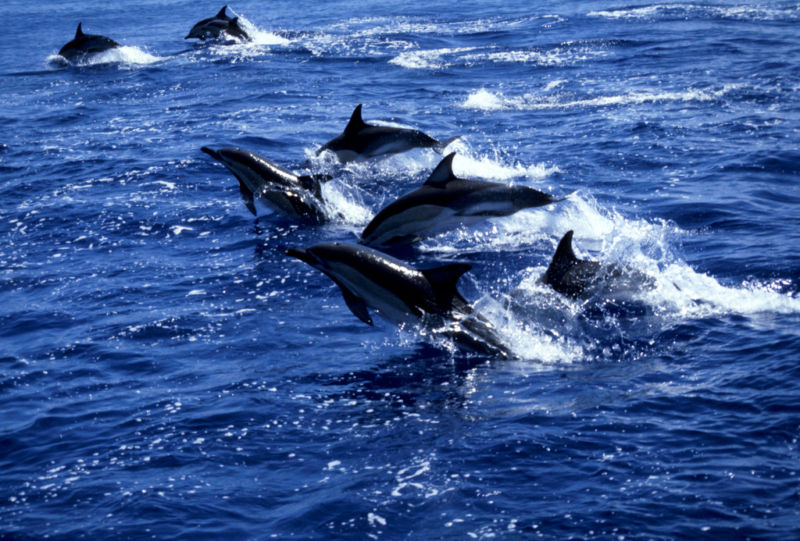Big brains come with big social groups in whales and dolphins
Ars Technica » Scientific Method 2017-10-20

Enlarge (credit: International Fund for Animal Welfare)
Why are humans so smart? We must have evolved in an environment that made more intelligent individuals likely to survive. But this just raises new questions: what factors in the environment could have created an evolutionary pressure for intelligence? And how have other species that faced similar pressures ended up evolving?
One prominent hypothesis about our brains is that the human lineage became especially social, which required a suite of advanced cognitive skills to manage the relationships that were intertwined with survival. There’s evidence that social behavior is associated with bigger brains across the primate family, and the same correlation has been found in birds.
There's now evidence that whale and dolphin brains show the same relationship. The finding offers new support for the “social brain hypothesis," and it's an exciting discovery. But not all researchers agree on how this evidence should be interpreted.